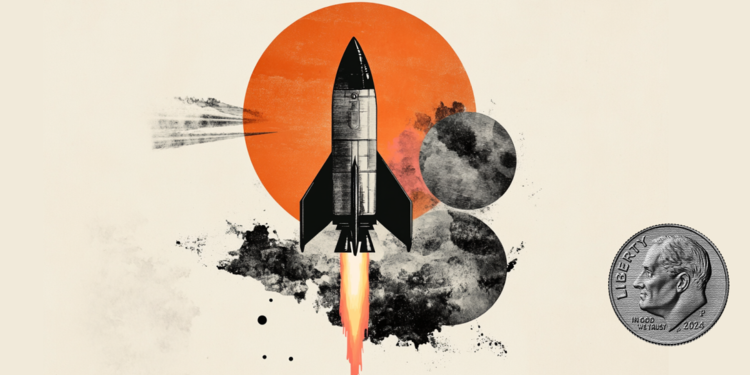When a person ingests alcoholic beverages, the body metabolizes ethanol using enzymes that the liver produces. These same enzymes also serve to metabolize some drugs.
In this context, the combination of alcohol and medication can lead to an overload of the body. In addition, the effect of the medicine can be reduced or even canceled, in addition to weakening the liver.
According to the World Health Organization (WHO), the average annual consumption of alcohol per person is 6.4 liters. According to the Ministry of Health, Brazil has a number above the international average, with consumption of 8 liters per person each year.
Many drugs are also eliminated in the urine. Alcohol and excess fluids have a diuretic effect and therefore can accelerate the excretion of these substances. Excessive alcohol intake, combined with some medications, can put your health at risk.
Check out the main interactions between drugs and drinking below:
alcohol + paracetamol
Increased risk of drug-induced hepatitis, severe liver inflammation.
Alcohol + dipyrone
The effect of alcohol can be potentiated.
Alcohol + acetylsalicylic acid
It increases the risk of stomach bleeding. Acetylsalicylic acid irritates the stomach lining. What would be a mild disorder, can be potentiated by alcohol.
alcohol + antibiotics
It can lead to vomiting, palpitations, headache, low blood pressure, difficulty breathing and even death.
Alcohol + anti-inflammatories
Increases the risk of gastric ulcer and bleeding.
Alcohol and antidepressants
It increases adverse reactions and the sedative effect, in addition to decreasing the effectiveness of antidepressants.
Alcohol + tranquilizers (anxiolytics)
It increases the sedative effect, the risk of coma and respiratory failure.
Alcohol + appetite suppressants
May increase the potential for central nervous system effects such as dizziness, vertigo, weakness, syncope and confusion.
alcohol and insulin
It can cause hypoglycemia, as alcohol inhibits the availability of glucose by the body. Food must be carefully observed, because with alcohol, the only availability of glucose comes from meals. It is worth mentioning that it can also cause antabuse effect, related to symptoms such as nausea and vomiting, palpitation, headache, low blood pressure, difficulty breathing and risk of death. Acute use of ethanol prolongs the effects while chronic use inhibits antidiabetics.
Alcohol and anticonvulsants
It increases side effects and the risk of intoxication, while decreasing effectiveness against epileptic seizures.
Source: CNN Brasil
I am an experienced journalist and writer with a career in the news industry. My focus is on covering Top News stories for World Stock Market, where I provide comprehensive analysis and commentary on markets around the world. I have expertise in writing both long-form articles and shorter pieces that deliver timely, relevant updates to readers.







